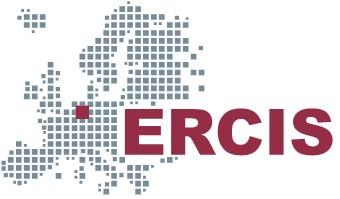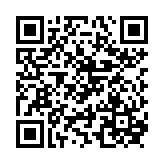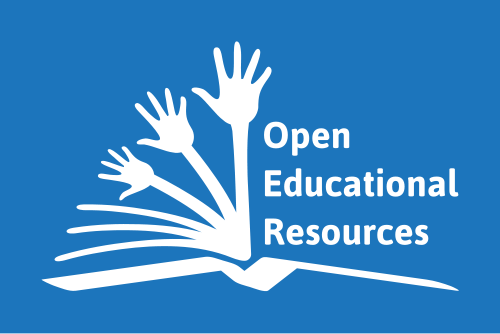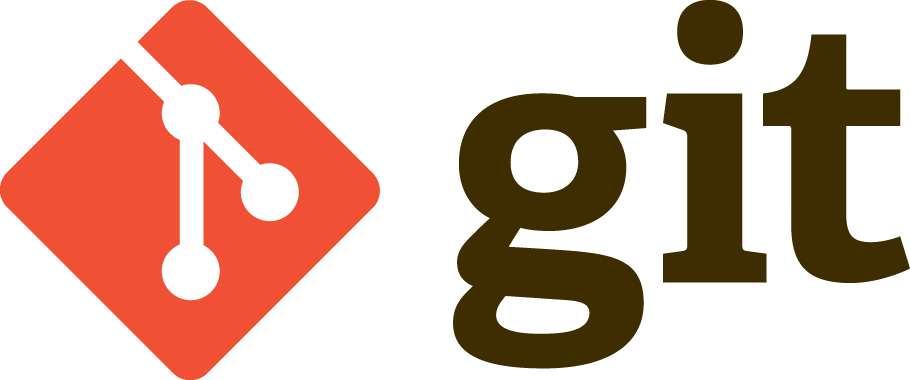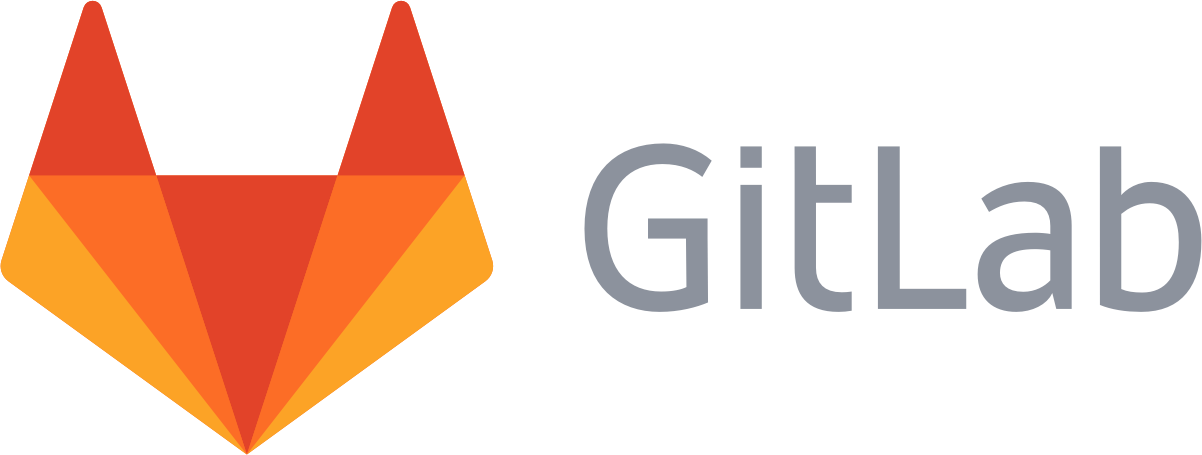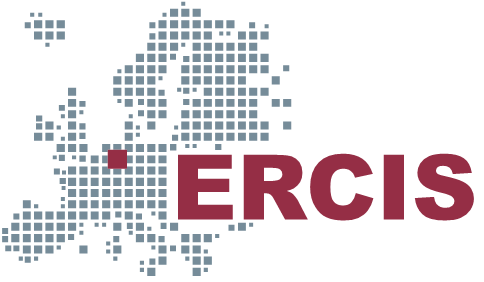Infrastructure and lightweight markup language for OER:
The case of emacs-reveal
Reality Check
- Open Educational Resources (OER), characterized by
5 Rs of openness
(4 Rs in [HWSJ10])
- Permission to retain, reuse, revise, remix, redistribute
- Suppose that after this conference you aim to remix a presentation
As usual, you obtain a PDF version
![Conflict]()
“Conflict” by priyanka under CC BY 3.0 US; cropped from the Noun Project
- How do you transfer contents into your OER?
- PDF layout conflicts with your organization’s
- How do you transfer contents into your OER?
Maybe, you obtain a Powerpoint source file
![mistake]()
“mistake” by Kamin Ginkaew under CC BY 3.0 US; cropped from the Noun Project
- Layout likely to be destroyed in LibreOffice and OnlyOffice
- Even if you used Powerpoint, positioning of elements in your organization’s style likely to be incorrect
Now, you revise the contents in a silo
![Conflict]()
“Conflict” by lastspark under CC BY 3.0 US; cropped from the Noun Project
- (E.g., fix typos, update contents based on more recent research)
- Do you notify the author? Do you collaborate? How?
- How and where do you redistribute?
Agenda
Basic Terms
(OER: UNESCO Definition)
- Open Educational Resources (OER)
OER are “teaching, learning and research materials in any medium, digital or otherwise, that reside in the public domain or have been released under an open license that permits no-cost access, use, adaptation and redistribution by others with no or limited restrictions.” [Une12]
![OER Global Logo]()
“OER Global Logo” by Jonathasmello under Creative Commons Attribution 3.0 Unported; from Wikimedia Commons
- Usually, Creative Commons licensing
- Briefly, such licenses offer freedoms that would otherwise be prevented by copyright law
(Free Software)
- Ideal of sharing in software development
Free Software = Free/Libre and Open Source Software (FLOSS)
![Photo of Richard Stallman]()
“Photo of Richard Stallman” by Victor Powell under CC BY-SA 3.0; from Wikimedia Commons
- Term coined in 1980s by Richard Stallman, Free Software Foundation
- “Free” as in free speech or freedom, not free beer
- Four freedoms
- Run software (also changed versions)
- Study software
- Redistribute copies
- Distribute modified versions
- Note
- Those freedoms apply to OER
- All subsequently mentioned software is free software
Git
Git as Decentralized VCS
- Version control systems (VCSs) keep track of shared repositories
- Repository: Collection of documents (software, learning and teaching resources)
- Keep track
- Who changed what when why?
- Synchronize (or restore) shared state
- A popular VCS: Git as free software
- Git created by Linus Torvalds for development of kernel Linux
Reference: Pro Git book
![Git Logo]()
“Git Logo” by Jason Long under CC BY 3.0; from git-scm.com
- Git as example of decentralized VCS
- Every author has own copy of all documents and their history
- Supports offline work without server connectivity
- Of course, collaboration requires network connectivity
- Distributed trust/control/visibility/surveillance
GitLab
- Various companies offer to host Git repositories on the web
GitLab is one of them
![GitLab Logo]()
“GitLab Logo” by GitLab under CC BY-NC-SA 4.0; from gitlab.com
- Free software, which you could run on your own server
- DevOps platform
- CI/CD (continuous integration, continuous deployment)
- Manage Git repositories
- Web GUI for forks, commits, pull requests, issues, and much more
- Notifications for lots of events
Git and We
- I believe that we should learn version control when we learn
digital writing
- This includes (digital) OER
- See [Ova19] for discussion in OER context with Git commands
- Notification of original author if content changed
- Showing how the content was changed
- Linking changed content to original
- OER self-study introduction to Git
Requirements for OER
(Licensing)
- Sample licenses in line with 5 Rs
- CC0, public domain: Creator waives all rights
- Beware! Proper academic conduct requires attribution anyways
- CC BY (Attribution): License and creator need to be credited
- CC BY-SA (Attribution and ShareAlike): License and creator need to be credited and derived works must be distributed under “same” license terms
- CC0, public domain: Creator waives all rights
- Other licenses, incompatible with 5 Rs
- Non Commercial: Does not grant right to reuse, e.g., on Wikipedia or at university
- No Derivatives: Does not grant rights to revise and remix
(ALMS Framework)
- Criteria for OER and software proposed in [HWSJ10]
- In brief, software and resources should be freely accessible
| ALMS criterion | Examples | Counter examples |
|---|---|---|
|
Access to editing tools |
Free/Libre and Open Source Soft- ware (e.g., LaTeX, LibreOffice) |
Powerpoint Google Docs |
|
Level of expertise required to revise or remix |
Not only for nOERds Challenging topic … |
|
|
Meaningfully editable |
LaTeX, Org mode (HTML) |
(Scanned) PDF, flash, video |
|
Source-file access |
LaTeX, Org mode (HTML) |
PDF for LaTeX PDF for office presentation |
More OER Requirements
- Extension of ALMS framework [Lec19]
- Requirements for “A”: Free/libre and open source software (FLOSS)
- Free software for learners and teachers, OER users and creators
- Platform independent
- Also mobile and offline
- Requirements for “M” and “S”: Single sourcing [Roc01]
- Single, collaboratively maintained source, no copy&paste
- Separation of contents and layout
Source files with lightweight markup for collaboration with comparison and integration with version control systems such as Git
![Git Logo]()
“Git Logo” by Jason Long under CC BY 3.0; from git-scm.com
- Requirements for “A”: Free/libre and open source software (FLOSS)
Emacs-reveal
- Free software to create OER presentations [Lec19b]
- Howto of emacs-reveal (generated with emacs-reveal)
- Software on GitLab
- Source code: https://gitlab.com/oer/emacs-reveal/
- Docker images
Presentation Features
HTML slideshows using reveal.js with audio explanations
![Online Resources]()
“Online Resources” by LUTFI GANI AL ACHMAD under CC BY 3.0 US; cropped from the Noun Project
- To be viewed with standard Web browsers (platform independent), either on- or offline
- Features include
- Animations and slide transitions; speaker’s view with preview, notes, and timer; embedding of images, audio, video, mathematical formulas; table of contents; bibliography; keyword index; hyperlinks within and between presentations; themes for different styling; responsive design with touch support; quizzes for retrieval practice; code highlighting and evaluation for programming languages
- Satisfies above requirements
OER Presentations with Emacs-Reveal
- Presentations written in Org mode
- Lightweight markup language coming with editor GNU Emacs
- Contents separated from layout
- Lightweight markup language coming with editor GNU Emacs
- Org mode converted to HTML with emacs-reveal via GitLab CI/CD
With proper license attribution for images [Lec19c]
![licensing]()
“licensing” by Ralf Schmitzer under CC BY 3.0 US; cropped from the Noun Project
- Human-readable, e.g., images on this slide
- Machine-readable with RDFa (in HTML source code)
- PDF variants as secondary formats
Sample Markup
Excerpt of Org mode source code for earlier slide:
** (OER: UNESCO Definition) - *Open Educational Resources* (OER) - OER are “[[https://en.unesco.org/oer/paris-declaration][teaching, learning and research materials in any medium, digital or otherwise, that reside in the public domain or have been released under an open license that permits no-cost access, use, adaptation and redistribution by others with no or limited restrictions.]]” cite:Une12 {{{reveallicense("./figures/logos/Global_OER_Logo.svg.meta","30rh")}}} - Usually, [[https://creativecommons.org/licenses][Creative Commons licensing]] - Legal “standards” for *international/global* use - Permit *5 Rs* of openness cite:Wil14,HWSJ10: /retain/, /reuse/, /revise/, /remix/, /redistribute/ - Briefly, such licenses offer *freedoms* that are restricted by standard copyright law
- Note
- Simple markup, e.g.:
**for 2nd-level heading;-with indentation for nested lists;*and/for bold and italics- Citations to BibTeX bibliography with
cite, - (Not shown here: animation of slide parts)
- OER logo embedded with
reveallicense- License metadata handled automatically
- Simple markup, e.g.:
- Note
Sample OER Courses
- Presentations and courses with emacs-reveal: https://oer.gitlab.io/
- Take a look, contribute, join forces!
Separation of Contents and Layout
- Shown above: Contents specified in text files (Org mode)
- Layout information separately in CSS files
- Consequences
- Content experts do not need to be layout experts
- Remixing independent of layout conventions (of, say, different collaborating institutions)
Include Mechanism
- Org provides in include mechanism
- Remixing of smaller learning objects into larger units without copy&paste
E.g., a Docker Introduction:
#+TITLE: Docker Introduction #+DESCRIPTION: OER introduction to Docker and comparison of containerization with virtualization #+INCLUDE: "programming/Docker.org" #+INCLUDE: "programming/Docker-First-Steps.org" :minlevel 1 #+INCLUDE: "programming/Docker-Conclusions.org" :minlevel 1 #+INCLUDE: "~/.emacs.d/oer-reveal-org/backmatter.org"
- Thus, updates and improvements do not exist in isolated silos
but in shared repository
- Single sourcing [Roc01]
Use of SPDX Headers
- Emacs-reveal adopts licensing recommendations of REUSE project
Each source file contains so-called SPDX headers, e.g.,
Docker.orgfrom previous slide:#+SPDX-FileCopyrightText: 2018-2021 Jens Lechtenbörger <https://lechten.gitlab.io/#me> #+SPDX-License-Identifier: CC-BY-SA-4.0
- License information of remixed OER generated automatically
- With
backmatter.orgfrom previous slide - Human and machine readable (with RDFa, based on extension of CC REL [AAL+12])
- With
- License information of remixed OER generated automatically
Conclusions
Reality Check Revisited
- Open Educational Resources (OER), characterized by
5 Rs of openness
(4 Rs in [HWSJ10])
- Permission to retain, reuse, revise, remix, redistribute
- Suppose that after this conference you aim to remix a presentation
As usual, you obtain a PDF version
![Conflict]()
“Conflict” by priyanka under CC BY 3.0 US; cropped from the Noun Project
- How do you transfer contents into your OER?
- PDF layout conflicts with your organization’s
- How do you transfer contents into your OER?
Maybe, you obtain a Powerpoint source file
![mistake]()
“mistake” by Kamin Ginkaew under CC BY 3.0 US; cropped from the Noun Project
- Layout likely to be destroyed in LibreOffice and OnlyOffice
- Even if you used Powerpoint, positioning of elements in your organization’s style likely to be incorrect
Now, you revise the contents in a silo
![Conflict]()
“Conflict” by lastspark under CC BY 3.0 US; cropped from the Noun Project
- (E.g., fix typos, update contents based on more recent research)
- Do you notify the author? Do you collaborate? How?
- How and where do you redistribute?
Reality Check Revisited
- Open Educational Resources (OER), characterized by
5 Rs of openness
(4 Rs in [HWSJ10])
- Permission to retain, reuse, revise, remix, redistribute
- Suppose that after this conference you aim to remix a presentation
As usual, you obtain a PDF version![experience]()
“experience” by Nithinan Tatah under CC BY 3.0 US; cropped from the Noun Project
- Maintain layout separately from contents
- Each organization with own layout
- Maintain layout separately from contents
Maybe, you obtain a Powerpoint source file
![mistake]()
“mistake” by Kamin Ginkaew under CC BY 3.0 US; cropped from the Noun Project
- Layout likely to be destroyed in LibreOffice and OnlyOffice
- Even if you used Powerpoint, positioning of elements in your organization’s style likely to be incorrect
Now, you revise the contents in a silo
![Conflict]()
“Conflict” by lastspark under CC BY 3.0 US; cropped from the Noun Project
- (E.g., fix typos, update contents based on more recent research)
- Do you notify the author? Do you collaborate? How?
- How and where do you redistribute?
Reality Check Revisited
- Open Educational Resources (OER), characterized by
5 Rs of openness
(4 Rs in [HWSJ10])
- Permission to retain, reuse, revise, remix, redistribute
- Suppose that after this conference you aim to remix a presentation
As usual, you obtain a PDF version![experience]()
“experience” by Nithinan Tatah under CC BY 3.0 US; cropped from the Noun Project
- Maintain layout separately from contents
- Each organization with own layout
- Maintain layout separately from contents
Maybe, you obtain a Powerpoint source file![infrastructure]()
“infrastructure” by Nithinan Tatah under CC BY 3.0 US; cropped from the Noun Project
- Exchange lightweight markup, editable with any software,
rendered into HTML - For platform-independent consumption, including offline and mobile
- Exchange lightweight markup, editable with any software,
Now, you revise the contents in a silo
![Conflict]()
“Conflict” by lastspark under CC BY 3.0 US; cropped from the Noun Project
- (E.g., fix typos, update contents based on more recent research)
- Do you notify the author? Do you collaborate? How?
- How and where do you redistribute?
Reality Check Revisited
- Open Educational Resources (OER), characterized by
5 Rs of openness
(4 Rs in [HWSJ10])
- Permission to retain, reuse, revise, remix, redistribute
- Suppose that after this conference you aim to remix a presentation
As usual, you obtain a PDF version![experience]()
“experience” by Nithinan Tatah under CC BY 3.0 US; cropped from the Noun Project
- Maintain layout separately from contents
- Each organization with own layout
- Maintain layout separately from contents
Maybe, you obtain a Powerpoint source file![infrastructure]()
“infrastructure” by Nithinan Tatah under CC BY 3.0 US; cropped from the Noun Project
- Exchange lightweight markup, editable with any software,
rendered into HTML - For platform-independent consumption, including offline and mobile
- Exchange lightweight markup, editable with any software,
Now, you revise the contents in a silo![Society]()
“Society” by Nithinan Tatah under CC BY 3.0 US; cropped from the Noun Project
- Now, we collaborate with version control
Dr. Jens Lechtenbörger
jens.lechtenboerger@ercis.uni-muenster.de
Leonardo-Campus 3
48149 Münster
Germany
Bibliography
- [AAL+12] Abelson, Adida, Linksvayer & Yergler, CC REL: The Creative Commons Rights Expression Language, in: The digital public domain: foundations for an open culture, Open Book Publishers, 2012.
- [HWSJ10] Hilton, Wiley, Stein & Johnson, The four ‘R’s of openness and ALMS analysis: frameworks for open educational resources, Open Learning 25(1), 37-44 (2010).
- [Lec19] Lechtenbörger, Erstellung und Weiterentwicklung von Open Educational Ressources im Selbstversuch, MedienPädagogik 34, 101-117 (2019). https://doi.org/10.21240/mpaed/34/2019.03.02.X
- [Lec19b] Lechtenbörger, Emacs-reveal: A software bundle to create OER presentations, Journal of Open Source Education (JOSE) 2(18), (2019). https://doi.org/10.21105/jose.00050
- [Lec19c] Lechtenbörger, Simplifying license attribution for OER with emacs-reveal, in: 17. Fachtagung Bildungstechnologien (DELFI 2019), 2019. https://dl.gi.de/handle/20.500.12116/24399
- [Ova19] Ovadia, Addressing the Technical Challenges of Open Educational Resources, portal: Libraries and the Academy 19(1), 79-93 (2019). https://muse.jhu.edu/article/715616
- [Roc01] Rockley, The Impact of Single Sourcing and Technology, Technical Communication 48(2), 189-193 (2001).
- [Une12] UNESCO, 2012 Paris OER Declaration, 2012. https://en.unesco.org/oer/paris-declaration
- [Wil14] Wiley, The Access Compromise and the 5th R, 2014. https://opencontent.org/blog/archives/3221
License Information
Except where otherwise noted, the work “Infrastructure and lightweight markup language for OER: The case of emacs-reveal”, © 2021 Jens Lechtenbörger, is published under the Creative Commons license CC BY-SA 4.0.
